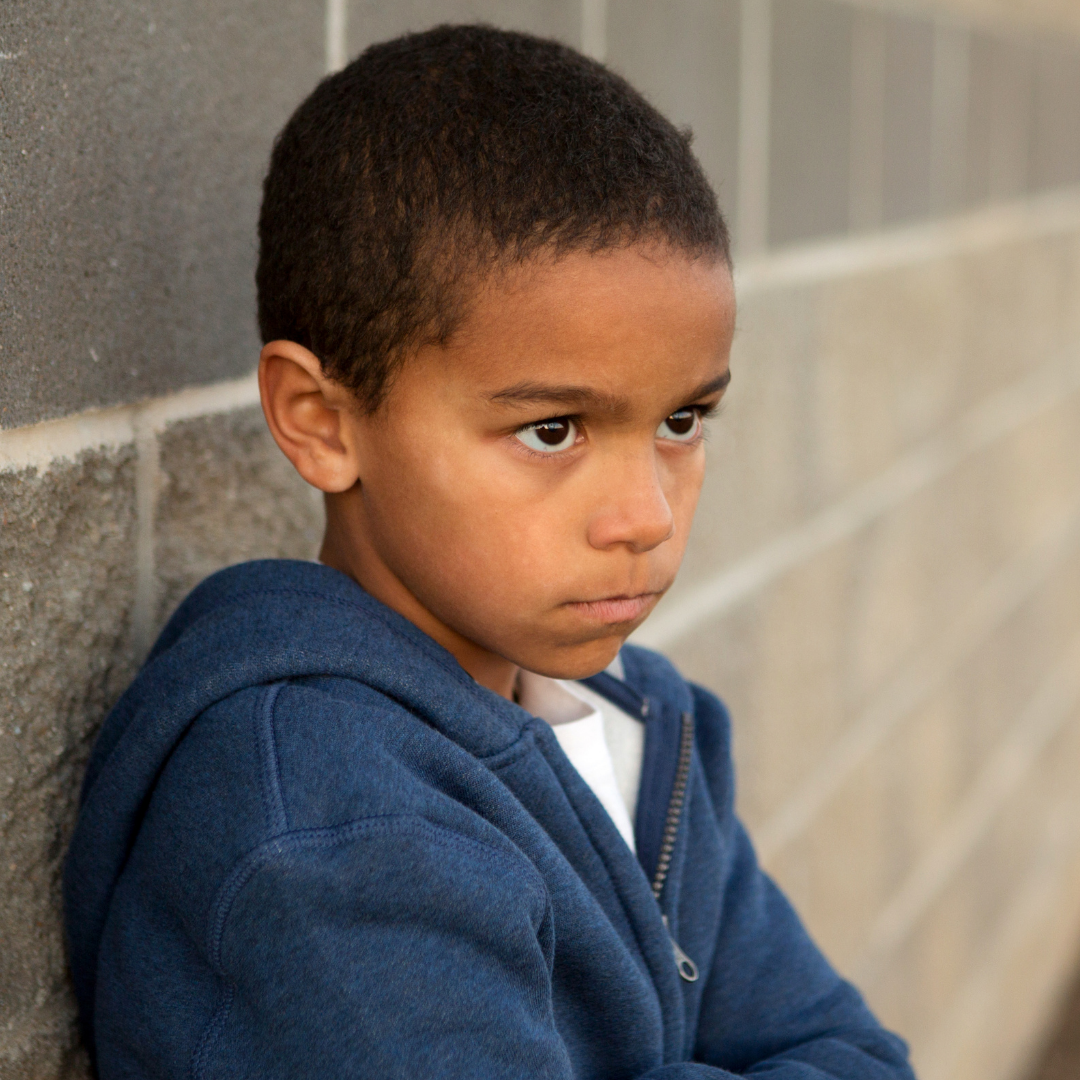Five ways to mental wellbeing
We follow the Government’s five ways to mental wellbeing* in our work with families and children affected by domestic abuse.
Take notice
Take notice is the fourth area of wellbeing. Early intervention is the most critical step in minimising the impact of domestic abuse on children.
By taking notice of the words and actions children use, we can spot the warning signs that might indicate a child has been affected by domestic abuse.
Take notice – words & language
Children affected by domestic abuse might tell you about the trauma they’re experiencing in a number of ways – either explicitly or more subtly.
Single snippets of information aren’t always enough to ring alarm bells on their own, but can indicate that domestic abuse is happening when they form part of a bigger picture.
Warning signs might include…
Swearing or using age-inappropriate language
Describing anxiety, depression or suicidal thoughts
Complaining of stomach/tummy ache
Discussing adult issues inappropriate for their age
Speech & language regression – or delayed development
Disclosure of direct harmful behaviour (physical, verbal or emotional)
Disclosure of indirect harmful behaviour (i.e. witnessing harmful behaviour)
Take notice – actions & behaviour
Quite often – particularly in very young children who don’t have the vocabulary to accurately describe their emotions – a child’s behaviour will be the first indication that domestic abuse is happening within their household.
Some of the early warning signs might be…
Wetting the bed, having nightmares or insomnia
Regression (acting younger than their age)
Problems learning or concentrating
Becoming withdrawn
Aggression / bullying
Low sense of self-worth
Skipping school
Using alcohol or drugs
Anti-social behaviour (e.g. vandalism)
Self-harming (including taking overdoses)
Changes in behaviour or personality
Poor motor skills
Lacking social skills / struggling to make friends
Running away or going missing
Regular sickness (colds, headaches, mouth ulcers, etc)
Eating disorders
Attention-seeking / tantrums
Remember, domestic abuse can cause life-long trauma whether it’s directed towards children or they witness abuse between other adults.
Take notice of the actions and words children use so you can spot the early warning signs of domestic abuse.
What next?
Early intervention is the most critical step in minimising the impact of domestic abuse on children, so if you have any concerns – however minor they might seem – record any observations as soon as you can and follow your organisation’s safeguarding policy so that children and families get the support they need, when they need it.
If you have any questions about supporting young children affected by domestic abuse, we’re here to help.
The five areas of wellbeing are:
Connect: Strengthening relationships with others – and feeling close to and valued by others – is critical to boosting wellbeing.
Keep learning: Being curious and seeking out new experiences positively stimulates the brain.
Be active: Being physically active improves physical health and can improve mood and wellbeing and decrease stress, depression and anxiety.
Give: Carrying out acts of kindness – whether small or large – can increase happiness, life satisfaction and general sense of wellbeing.
Take notice: Paying more attention to the present moment – to thoughts and feelings and to the world around us – boosts our wellbeing.



